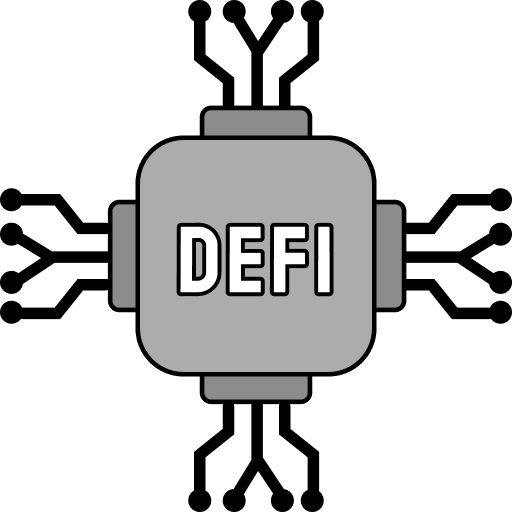DAICO

DAICO – is an improved model of raising funds before the ICO, which includes some aspects of the DAO. The concept was proposed by Vitalik Buterin, the Ethereum founder in January 2018 and is aimed at making ICO safer by involving investors in the initial development of the project.
Contents
Technological Characteristics
The DAICO contract has a mechanism in which participants can send funds to the project in exchange for network tokens. When the period of the crowdsale ends, the contract prohibits someone from doing additional actions, that is, the usual sale of tokens. In the contract, there is another variable, which means the amount that developers can take from the general fund of raised funds. Initially, this share is zero, but the members of the crowdsale can then vote to increase it. Voting will also allow the owners of the tokens to make a decision on reimbursement of the funds made if they are dissatisfied with the progress of the project implementation.
In ICO, developers return funds to investors only if they failed to collect the required amount. Otherwise, they can spend money as they see fit. In DAICO, funding is not allocated at a time, but in parts following the implementation of the road map stages of the project.
This approach raises the level of accountability of developers to investors and gives the latter additional guarantees. In addition, with the DAICO model, the motivation of the team to implement the idea is supported throughout the whole period of its implementation.
Since the amount of money that is transferred to developers through smart contracts is limited and strictly controlled, it will reduce the number of “51% attacks” (when the attacker has more power than the rest of the network). Even if there is such an attack, when an attacker wants to send money to an elected third party, the amount will be limited to the amount that is allowed to be released at a specific moment of the project’s implementation.
Potential DAICO Risks
If developers keep a large percentage of tokens, they can potentially only affect a small percentage of participants to influence their voice and get more funds issued from Smart Contract.
Also the education of participants who need to understand the reasons why the price of a particular token is growing or falling in order to make the right decision when voting based on facts, not emotions is of great importance.
Finally, participants can completely exit the decision-making process, trusting the concept of DAICO itself. Such passivity of investors will reduce the majority threshold and weaken the security of the mechanism.
See Also on BitcoinWiki
References:
https://cointelegraph.com/explained/what-is-a-daico-explained














 Twitter
Twitter
 Telegram
Telegram
